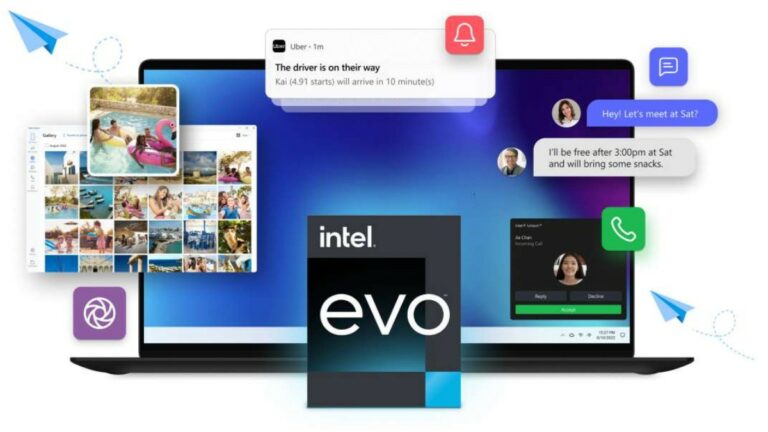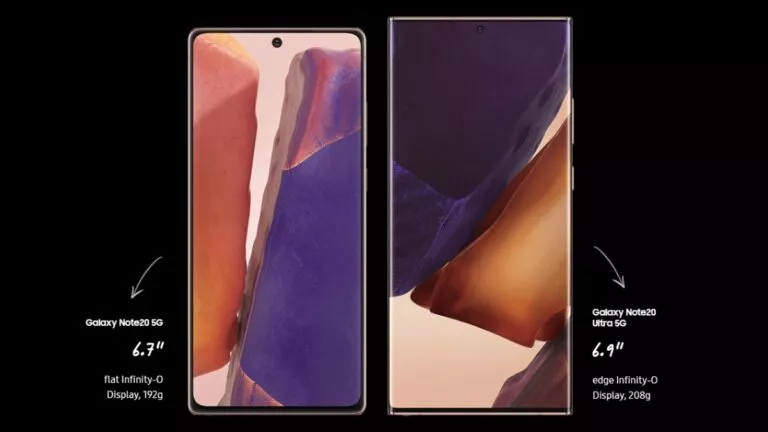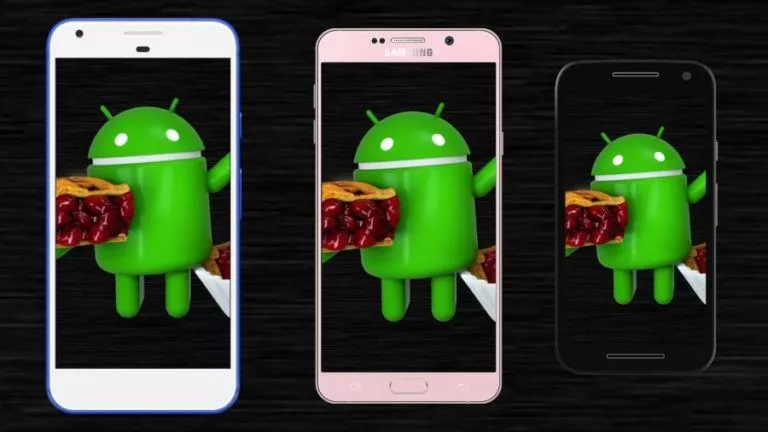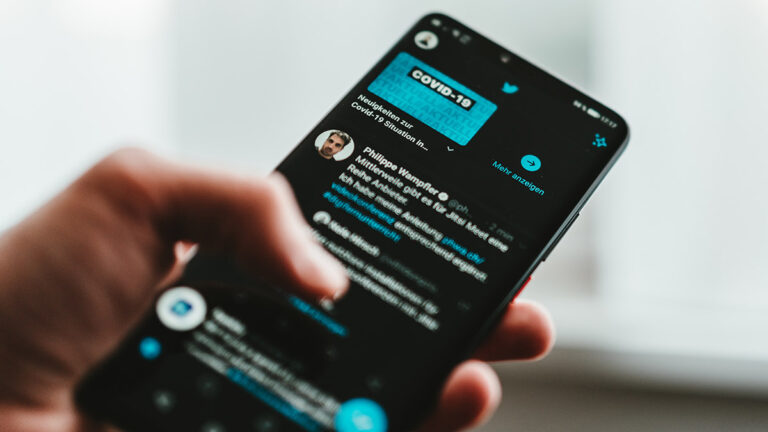Apple Has Fixed Eighth Zero-day Vulnerability Used To Hack iPhone & Mac

Apple has released security updates to address the year’s eighth zero-day vulnerability. iPhones and Macs often come under attack due to these vulnerabilities. The flaw (CVE-2022-32917) could allow maliciously crafted applications to execute arbitrary code with kernel privileges. Hence it can also lead to iPhones and Macs getting hacked.
For those unaware, “zero-day” refers to recently identified security flaws that hackers can use to attack systems. As the seller or developer only recently discovered the fault, it is implied that they have “zero days” to repair it. This is referred to as a “zero-day” flaw.
When hackers take advantage of a bug before developers have a chance to patch it, it is known as a zero-day assault. An approach used by hackers to target systems with a recently discovered vulnerability is known as a zero-day exploit.
Is Apple’s zero-day vulnerability resolved?

It was reported to Apple by an anonymous researcher and fixed in iOS 15.7 and iPadOS 15.7, macOS Monterey 12.6, and macOS Big Sur 11.7 with improved bounds checks.
According to reports, the iPhone 6s and later, iPad Pro (all models), iPad Air 2 and later, iPad 5th generation and later, iPad mini 4 and later, iPod touch (7th generation), and Macs running macOS Big Sur 11.7 and macOS Monterey 12.6 are among the affected devices.
However, the security updates fixed the different vulnerabilities on many of the products. Apple has yet to provide any information about these attacks. Apple’s refusal to release this information suggests that the company wants as many customers as possible to patch their devices before other attackers develop their exploits and begin using them in attacks against vulnerable iPhones and Macs.
We recommend installing these security updates as soon as possible to prevent future attacks. Comment your thoughts down below.






